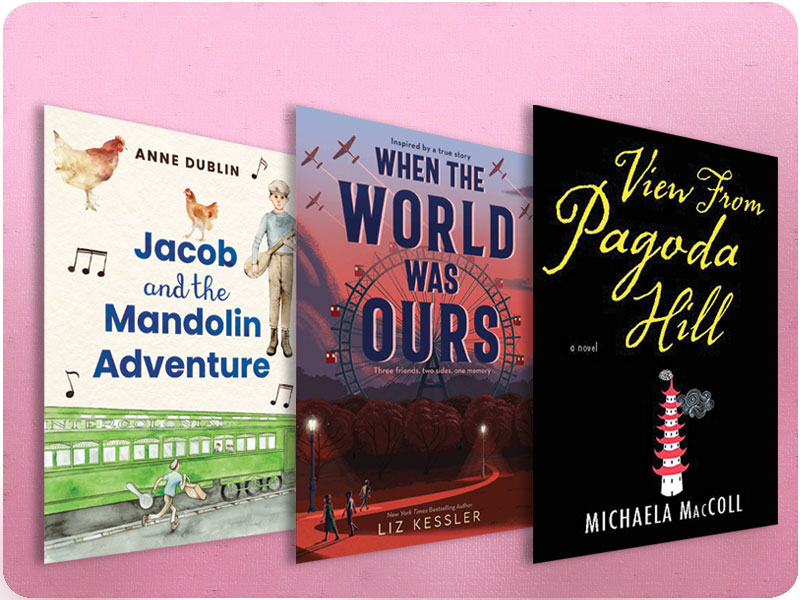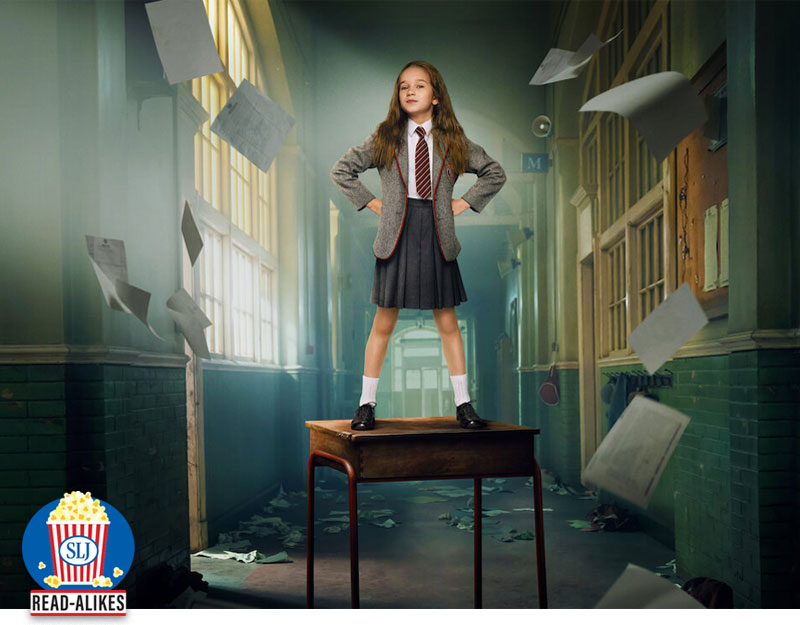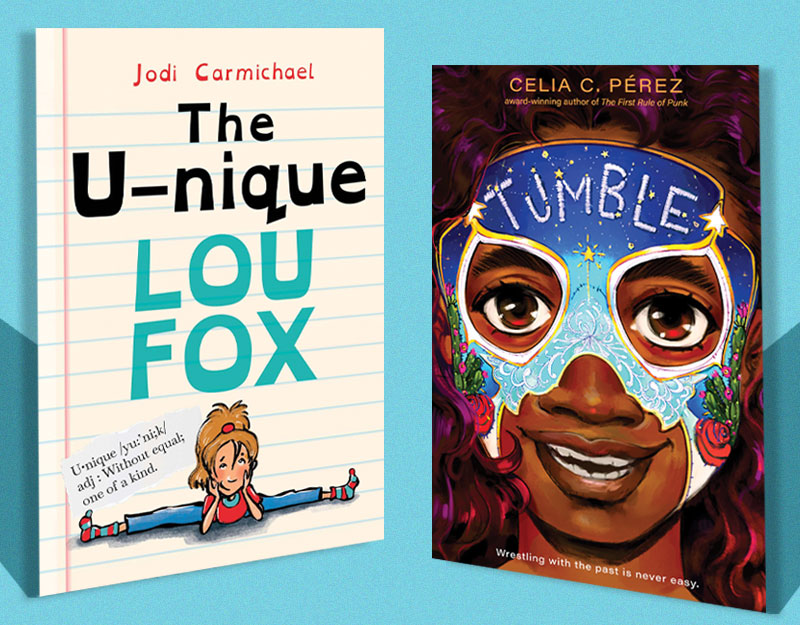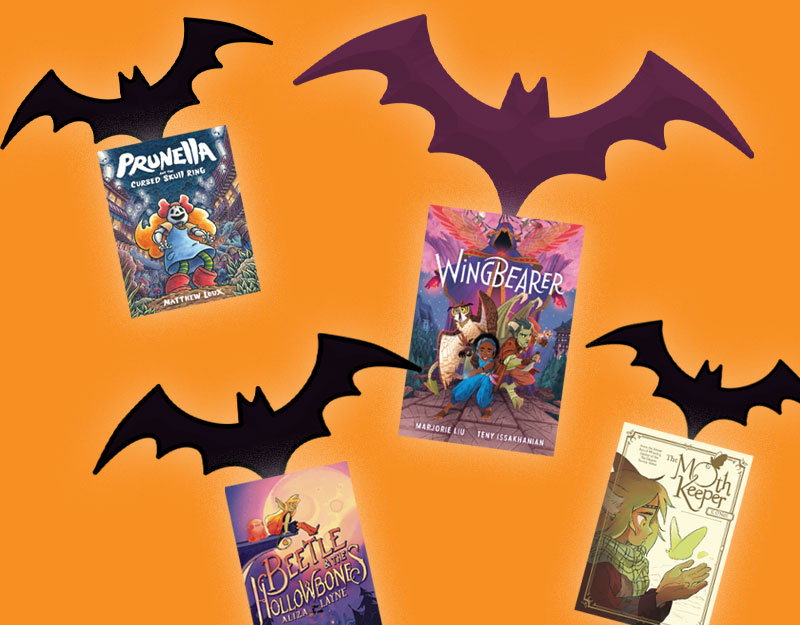In Our Mailbox: How do we guide teens in a safe & critical discussion of sex in YA literature?
I got this letter in my mailbox and thought I would take a moment to answer it:
I agree with what you and other bloggers have said about sex in books for teens not being a bad thing. Teens, like everyone else, need to read books that mirror their experiences and also broaden their views of the world. They need to think about difficult topics in safe environments, and books are a great way to do that. They need to read about things so that they can learn they don’t need to experience them first hand. The same thing goes for alcohol and drug abuse and domestic violence.
The question is how do we, as librarian, guide them to a safe and critical dialogue about these books? I knew kids as a child, and I know 8th graders now, who will find books that mirror what they want
to experience. Rather than truly investigate the material, and think critically about it, they will read it only on the surface. So, the book about the healthy sexual experience where consent is freely
given, and the book about the controlling relationship, will be seen as equal in their eyes because they aren’t truly thinking about the content of the book.
So, how, within the processing of helping teens select, check out, and return those books, can we teach them to think critically about them? How can we engage them in safe dialogue, or guide them to the proper place for that dialogue? Is it therefore irresponsible to recommend a book that features sex to a student who we don’t know well enough to know what they will gain from it?
Karen’s Thoughts on This Question:
This is a really good question and I have some thoughts.
In the end, I think that most of the time the narrative of the story actually makes the unhealthiest parts, the danger and the emotional effects of the situation, quite clear. And we should not underestimate our teens and their ability to think and discern the nuances of the story. If we ask them to read classics like Black Like Me and 1984 and such in class, classics written by adults for adults, then we should trust them with books that reflect the teenage experience as well. We ask them to read books about politics, about racism, about economics – about very heavy themes – but we seem so fearful of doing the same when it comes to the issue of sex, and yet this is the time that teenagers are starting to ask themselves these questions.
ADVERTISEMENT
ADVERTISEMENT
For the next part of this discussion, we need to have a basic understanding of what rape culture is.
“What is rape culture? To put it simply, it’s basically attitudes or practices that (consciously or not) try to normalize, excuse, trivialize, and/or ignore the seriousness of rape.”
Read more at Gurl.com http://www.gurl.com/2014/03/26/rapecultureiswhen-tweets-about-what-rape-culture-is/#ixzz2xTkHFshW
I think for me, one of the things that I would like is for us to really begin to examine are the ways that we can casually include moments of sexual violence in literature (and other forms of media) and how that influences our acceptance of what is typically referred to as “rape culture”. So when I think about equipping readers, I think about making us really examine whether or not the way that sexual violence is used in a book is 1) necessary and 2) contributes in any meaningful way to breaking down rape culture. This I think is an important way to consider the books that we read, by asking ourselves if the inclusion of sexual violence is simply used as a narrative device (see, for example, Maggie Steifvater’s essay on Literary Rape) or if it is an essential part of the story that is used effectively. And when I say is used effectively, what I mean is that it doesn’t engage in victim blaming or slut shaming, it doesn’t minimize the crime that sexual violence is, and that it doesn’t gloss over the very real effects of sexual violence in the life of its characters, for example. We – Christa, Carrie, Trish and I – are also working on a basic list of questions that can help readers evaluate books on this topic. Our goal is that these questions will help engage readers in thinking critically about the way relationships, sex and sexual violence in particular, are portrayed and used in a story.
I will say this caveat: not all books are right for each reader, which is where good reader’s advisory comes in. This means that we need to be well read and look at what we are reading critically and make note of the themes, style, and even level of explicitness. Then when we are talking to our teens, whether it be in a group or in a one on one situation, we can make better, more personalized recommendations. Speak by Laurie Halse Anderson and Uses for Boys by Erica Lorainne Scheidt both deal with the subject of rape and consent, but they are very different books and as a librarian doing RA knowing and understanding those differences can help us provide better RA.
As a final note on this topic, for the moment at least, I want to talk about the idea of triggering or rape triggers. For sexual assault survivors, reading books with sexual violence can trigger intense emotions related to their own experiences. This is another reason why I am strongly concerned about authors (and directors) haphazardly, sometimes almost lazily, throwing sexual violence into a work where it is not necessary to propel the story or the character in any way. Imagine if you will being a teenage girl, a rape survivor, and reading a book when suddenly the character is attacked and you find yourself very vividly and without any foreknowledge or preparation having to relive your own rape experiences. This is what sexual assault survivors are forced to do time and time again because the topic is often used so casually in various forms of media. Have a female character that you want to have some type of emotional baggage? Well, of course she’s been raped the answer seems to be. And though statistically we know that many girls (somewhere around 1 in 3 statistics tell us) and even many boys (possibly as high as 1 in 5) will in fact be the victims of sexual violence, I feel we can do a better job of protecting survivors from these types of gratuitous triggering scenes when it isn’t in any way essential to the story or character. (For more information on triggers and how to talk to survivors, check out this sheet on Tips for Friends and Family).
And let’s take a moment to address the very last part of your question: Is it therefore irresponsible to recommend a book that features sex to a student who we don’t know well enough to know what they will gain from it? At the end of the day, we never know how a reader will respond to a book. And it’s interesting that we as a society continue to ask as if somehow sex is this great other thing that can impact a teen reader when they are faced in every book with so many issues, whether it be violence, family dynamics, drug and alcohol use, bullying, issues of class and poverty, etc. Every book has such a wide variety of topics enclosed within its pages and we can never predict how a reader will respond or what, if anything, they will gain from it. But that is what the access to information is all about, the belief that people have the right to access as much information freely as they want and to take that information and make of it what they will. I don’t get to control what any reader will gain from any book, none of us do.
Carrie Mesrobian had this to say:
The only thing I can say about this is that being a teacher is also this way. You toss out seeds and hope some bloom. You can’t be sure what impact the book will have, even at the time the kid reads it. There may be reckonings from reading it that come later, or lead to other books or ideas. You just don’t know and I don’t think you can control that.
Filed under: #SVYALit, #SVYALit Project, Reader's Advisory, Sex, Teen Issues
About Karen Jensen, MLS
Karen Jensen has been a Teen Services Librarian for almost 30 years. She created TLT in 2011 and is the co-editor of The Whole Library Handbook: Teen Services with Heather Booth (ALA Editions, 2014).
ADVERTISEMENT
ADVERTISEMENT
SLJ Blog Network
2024 Books from Pura Belpré Winners
In Memorium: The Great Étienne Delessert Passes Away
Winnie-The-Pooh | Review
Parsing Religion in Public Schools
ADVERTISEMENT








If it were simple to categorize books that ask difficult questions and explore troubling issues, then teachers and librarians wouldn't lose their jobs over recommending said books. We would know exactly what to say and do in a bad situation, and how to handle real life's shades of grey.
A good blog post, and thought-provoking.